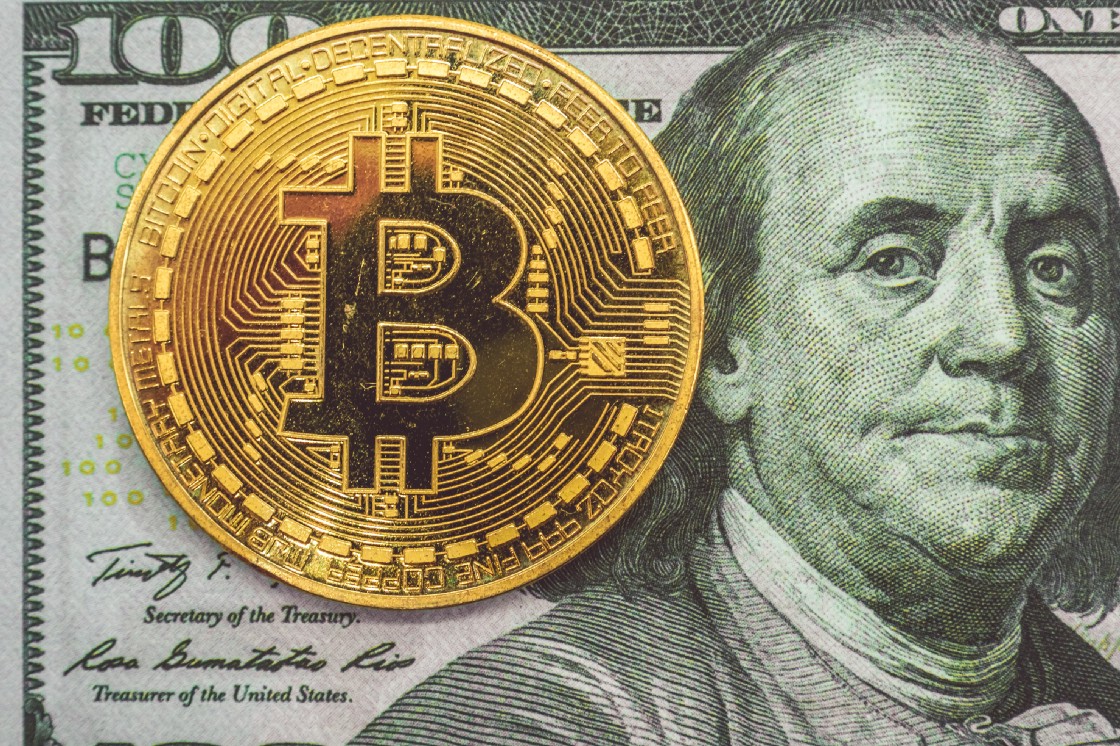
Asthose of us who were around will remember, Bitcoin emerged out of the same spirit as Occupy Wall Street. Those of us holding seminars about economic power in Zuccotti Park were thrilled by the possibility of a decentralized currency that could be authenticated in a peer-to-peer fashion instead of by some big bank. Bitcoin would break the monopoly of the Federal Reserve. And the love affair went both ways. Early Bitcoin enthusiasts made crypto donations to Occupy while many Occupiers lauded Bitcoin as an alternative to bank-issued central currency.
Bitcoin was thought to have two main advantages over traditional money. The one that excited people most, at first, was the ability to conduct transactions anonymously and without the approval of the government or any of the established financial institutions — and not just for drugs, but for activism. For instance, when Julian Assange was trying to raise money for his legal defense in 2017, he was shut out by regular banks and credit card companies. But he was capable of receiving crypto and gratefully announced on Twitter that “Bitcoin is the real Occupy Wall Street.”
But the more interesting possibility for many of us in the movement for economic equality was that Bitcoin would be cheaper than regular fiat currency. Since the late Middle Ages, central currencies have been a way for banks and speculators to make money off a basic utility that regular people need to make daily transactions. By maintaining a legal monopoly on money, banks can profit off issuing it. All money is borrowed at interest. The principle and interest have to be paid back. Where does the additional money come from? The economy — and every business within it—has to grow.
Where central currency is optimized for growth and extraction by elites, Bitcoin seemed to be about promoting transactions. In return for small service fees, hackers would be verifying our transactions on the blockchain while we would all get to transact without paying interest back to banks. No one needed to make money off the money itself. We could just exchange value with a much more fluid system than currency.
But then something weird happened. Bitcoin became a thing in itself. Speculators arrived and saw the potential for the coin to serve not just as a way of exchanging value but storing and growing it—digital money, with all the hockey-stick potential for exponential growth as any digital enterprise. And most businesses, interestingly enough, only “believed” in the coin as long as speculators did. Outrageous growth potential became crypto’s perverse proof of concept. This has made Bitcoin as expensive and speculative as any central currency. It even has miner’s fees on top of that.
I’m regularly pitched by well-meaning founders of socially conscious companies that are building businesses on the blockchain. And no matter how earnest they are about the blockchain helping make sure everything is transparent and fair, they always mention that there’s also going to be a “token” involved through which employees and supporters can, well, get rich. Just like employee stock options or shares.
But what happens when employees and shareholders hold stock in a company? They want it to grow and keep growing. So whatever socially conscious thing they think they’re doing with their enterprise, it’s going to have to scale. The object of the game becomes to grow the business and sell it and exit.
The problem is, everything in our economy is already favoring scale, and that’s what’s killing us. Small, local, sustainable companies that survive off their revenue are regularly clobbered by big companies with big war chests that use their access to capital to undercut prices and enact crippling regulations. That’s why Walmart beats the local grocer and stationery store. Plus, an economy addicted to growth for growth’s sake ends up taxing the environment beyond its carrying capacity. Climate change is not a product of getting people what they need; it’s a direct result of an economic model — most specifically, a currency system—that demands extractive growth.
Bitcoin is just another way to make money with money. It’s not a tool for overturning the financialization of our society. It’s an excuse for the creation of yet another system of speculative exchanges that suck capital out of the working economy and into the cloud.
Instead of serving as a free, local, peer-to-peer alternative to centralized verification by extractive authorities, Bitcoin is an expensive, speculator-dominated reification of traditional, growth-based capitalism.
It may be no worse than fiat currency. But it’s not really any better. I don’t see economic equality; I see millennials trading and staking Ether derivatives on crypto exchanges.
We occupied Wall Street, all right. And became the traders.